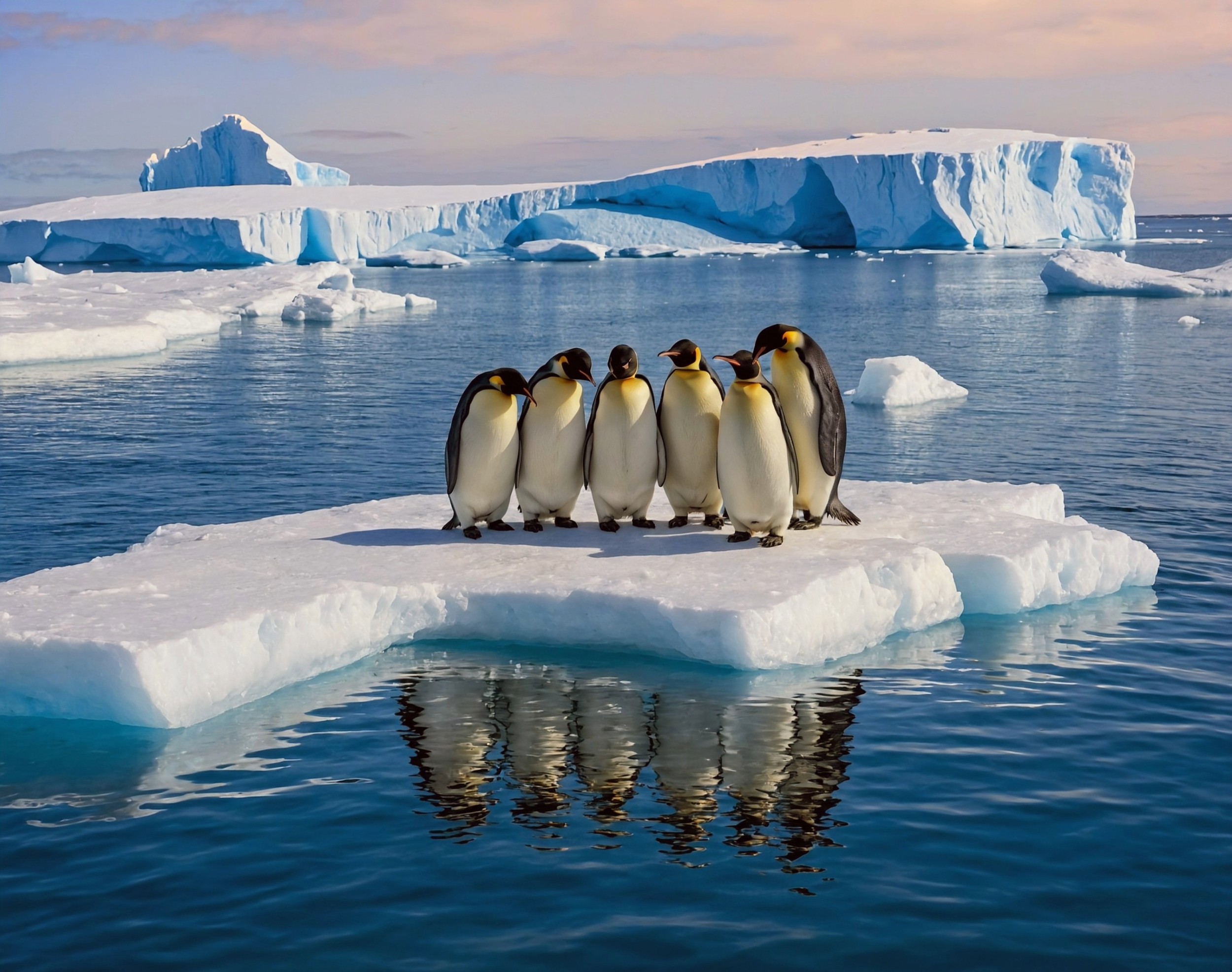
The study suggests that emperor penguins, iconic residents of Antarctica, need to be uplisted to threatened on IUCN Red List.

A landmark assessment of the health of nearly 24,000 freshwater species found that just under a quarter are at risk of extinction.

The first dead elephants were discovered in May 2020. By July of that year, over 350 of the endangered animals had been found strewn lifeless across a remote region of Botswana.

Around 20,000 years ago, mammoths and their relatives were relatively plentiful. By about 10,000 years ago, they were all but extinct, their disappearance shockingly sudden given the millions of years they thrived on Earth.

The loss of wolves to the region has been largely overlooked by humans, even in our scientific research, but the impact of their absence is written loudly in the missing trees.

Authorities in New Zealand are investigating an unfortunate incident in which thousands of juvenile eels washed up in the Kauritutahi stream. The massive deaths marked the second time in the current year.

A rare species of ray has been declared extinct after an assessment by an international team led by Charles Darwin University.

Earth's amphibians are being pushed closer to the brink due to habitat destruction, disease and climate change, with 41% of species now threatened with extinction.

Defined as the largest animals in the oceans, with a body mass that exceeds 45kg, examples include sharks, whales, seals and sea turtles - threatened marine megafauna, is facing extinction and we will face consequences.

Three bird species, two frogs, a shark, a famous snail and one of the world's largest freshwater fish were among those declared extinct this year. According to many experts, the sixth mass extinction is currently taking place.

Populations of mammals, birds, fish, reptiles, and amphibians have, on average, declined in size by 60 percent in just over 40 years.

Approximately 94% of the 111 species and subspecies of lemur are under threat of extinction in their native country of Madagascar – the only place they exist outside of captivity.

Using high-resolution satellite images, researchers have detected a massive 88 percent reduction in the size of the penguin colony, located on Ile aux Cochons, in the Iles Crozet archipelago.

Ubiquitous images of many animals are leading us to believe that some of the world's most endangered species are thriving in the wild.

Two vertebrate species go extinct every year on average, but few people notice..